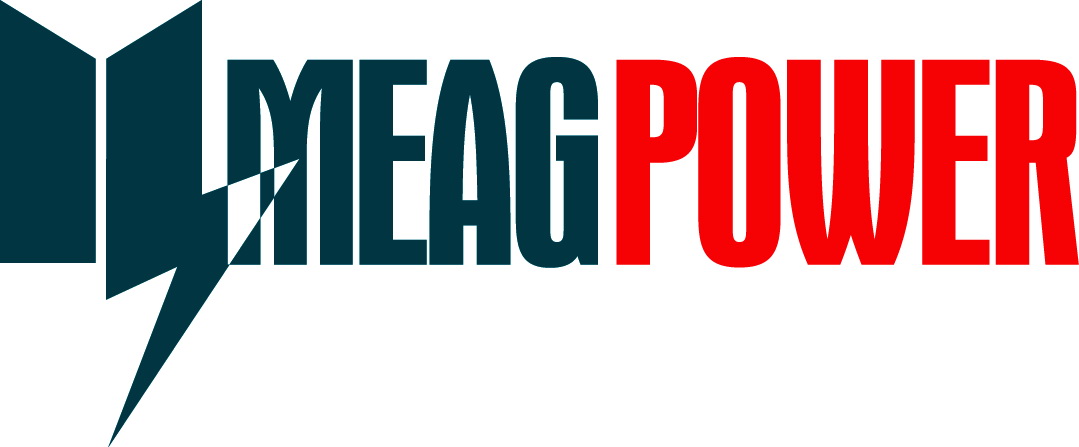Get Issuer Alerts
Add this issuer to your watchlist to get alerts about important updates.
Federal Court Upholds Vogtle Power Purchase Agreement Between MEAG Power and JEA
View allJune 18, 2020
MEAG POWER PRESS RELEASE
Media Contact: John Marsh, Communications Manager: jmarsh@meagpower.org; 770-563-0326
U.S. District Judge Mark Cohen granted yesterday MEAG Power’s Motion for Judgment on the Pleadings, specifically declaring in bold print that the power purchase agreement (PPA) between JEA – the electric provider for the city of Jacksonville, Florida – and the Municipal Electric Authority of Georgia (MEAG Power) “is VALID AND ENFORCEABLE” and that “the PPA unconditionally requires JEA to pay MEAG for capacity and energy at the full cost of production of Project J, including debt service on the bonds and DOE-guaranteed loans”. The ruling confirms the merits of MEAG Power’s position on this matter while avoiding a prolonged and costly trial.
Under the terms of the PPA, which was signed in 2008, and amended and restated in 2014, JEA committed to purchase all of the energy generated by the new units 3 and 4 of the Alvin W. Vogtle Electric Generating Plant (“Plant Vogtle”), as part of Project J, during their first 20 years of operation, as well as to pay for approximately 41 percent of MEAG Power’s share of the construction cost for the new units during those 20 years. JEA also attested to the validity of the PPA in three separate court validation proceedings, fully understanding that the financial community would rely upon such representations in providing funds necessary to finance the Project.
Despite the foregoing, in late 2018, JEA and the City of Jacksonville launched a series of legal and regulatory maneuvers in an attempt to have that agreement invalidated. These included filing a lawsuit in state court in Florida, launching a failed attempt to seek intervention by the Federal Energy Regulatory Commission, and engaging in a costly, misleading public relations campaign against MEAG Power. To defend the agreement and protect the 49 Participant communities it serves, MEAG Power filed counterclaims, including a request to change jurisdiction to the U.S. District Court for the Northern District of Georgia, where the dispute has now been decided in MEAG Power’s favor.
“From the beginning, we have simply argued that the PPA is valid and fully enforceable, and that the suit brought by JEA and the City of Jacksonville was meritless,” said MEAG Power President and Chief Executive Officer James E. Fuller. “Judge Cohen’s ruling was very thorough and perfectly clear – JEA and the City of Jacksonville knew what they were doing when they entered into this agreement, and they have to honor their commitment.”
In their lawsuit, the City and JEA leveled a lengthy series of claims regarding the legality of the agreement. In his 53-page order, Judge Cohen rejected each of these claims in turn.
“We look forward to Vogtle units 3 and 4 coming into service as planned in 2021 and 2022, respectively,” Fuller said. “We will continue to honor all of our commitments, as we always have, and are hopeful that this ruling puts this matter behind us.”
Plant Vogtle Units 3 & 4 consists of two 1,100 MW Westinghouse AP1000 nuclear reactors being constructed in Burke County, Ga. MEAG Power’s co-owners in the Vogtle expansion project are Georgia Power (45.7 percent), Oglethorpe Power (30.0 percent) and Dalton Utilities (1.6 percent).
About MEAG Power
The Municipal Electric Authority of Georgia (MEAG Power) is a nonprofit, statewide generation and transmission organization. Recognized as one of the leading joint action agencies in the country, MEAG Power is among the top public power companies nationwide in terms of annual net generation, megawatt-hour sales and electric revenue. Its diverse, clean energy portfolio – delivering 67% emissions-free energy in 2019 – compares favorably with both the state and national averages. Created by the Georgia General Assembly in 1975, MEAG Power provides reliable, competitive wholesale electricity to its 49 member communities (Participants), who own their local distribution systems, through take-or-pay contracts. MEAG Power also monitors and advocates on energy issues at the state and federal levels on behalf of its Participants.

